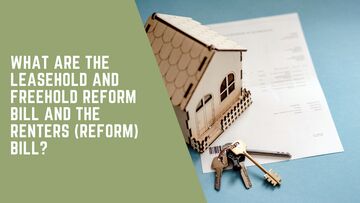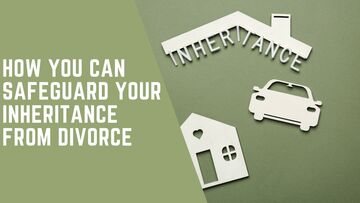How To Protect Your Children During Divorce
Divorce| 07.03.2023
It is well established that divorce can have a profoundly negative impact on children.
According to the Royal College of Psychiatrists, children are affected in many ways by divorce. They may feel a sense of loss, fear of being left alone, anger towards their parents, and rejection and insecurity. Parental divorce can also lead to a host of behavioural and emotional problems for children, including bed wetting, ‘clinginess’, nightmares, worries, and disobedience, much of which can originate from feeling insecure about their circumstances. Older children may also struggle with school and socially withdraw into themselves. While divorce has negative implications, it is also important to understand that it can, on balance, be positive for some children. This is especially so if they have been experiencing frequent fighting, violence, shouting, and anger between their parents. In this context, separation will allow children to enjoy a peaceful, stable and safe environment, free of parental resentment and anger. So what can you do to protect your children during and after the process of divorce?

Agree With The Other Parent That The Child’s Well-being Must Now Take Priority
From the outset, it is vital that you reach an agreement with the other parent that the child’s well-being must now take priority and agree on what this means. Ultimately, it means that you will both do all you can to put the child’s needs first despite the fact you will now be physically separated. It means never using the child as a messenger or pawn in an ongoing acrimonious conflict between parents. It also means that the parents need to work to put any anger and resentment behind them and to develop a new respectful relationship with each other for the benefit of the child.
If you can both model restraint, respect, and maturity towards each other, this will go a long way to reassuring your child and helping them to cope with the enormous change they are experiencing.
Explain The Situation In Ways They Will Understand
Open and honest communication is vital during divorce. It is also important, however, to communicate in a manner your children will understand and reassures them. By explaining what divorce means, why it happened, and what will happen now in a way that is respectful to everyone concerned, you can break down much of the fear your child may be experiencing. When explaining why the divorce happened, there is no need to apportion blame. Rather this is an opportunity to ensure they understand that divorce is common and quite normal, and it was not the fault of the child. You may also consider explaining what is happening will be positive for your family and how you will all benefit. After all, divorce marks the end of a relationship, but it also represents a new beginning.
Focus On The Needs Of Your Children
Divorce can turn lives upside down for children and parents alike. You may need to make new living, financial, and childcare arrangements, creating a deep sense of insecurity in the short term. During this time, it is extremely helpful to bring a sense of normality to the lives of your children. Do what you can to focus on their individual needs and look for opportunities to re-bond as a family. This can include creating new routines, starting a new hobby, getting outdoors, focusing on a new fun challenge, and setting new goals for the future. Simply by spending quality time with your children and having fun and re-engaging with them, you will help them to feel secure, safe and optimistic.

Seek Expert Guidance If You Can’t Reach An Agreement With Your Ex-partner
During the divorce process, you will need to reach agreements with your ex-partner on where your child will live, who they will spend time with, the division of matrimonial assets, financial arrangements, and many other matters. If you can’t find agreement on these matters, consider seeking the help of an external professional who can help you do so. Dragging out disagreements will only add to the negative emotional impact on your children. Alternative dispute resolution (ADR) methods, which include mediation, negotiation, and arbitration, are all extremely effective in reaching agreements on legal matters. Most importantly, they remove the acrimony from such discussions for the good of the parents and the children concerned.
Final Words
Remember to look after yourself too. Ultimately, you can only support and guide your children through this challenging time if you have the capacity and resources to do so (physical, mental, and financial). For this reason, it is always advisable to take the time you need to seek emotional support (e.g. counselling), exercise, meet with friends, engage in your hobbies and interests, and relax. And remember, above else, be kind to yourself.
Pearcelegal has a dedicated family law team who can advise and represent you on divorce, financial settlements, and arrangements for children. To make an appointment, please contact us on 0121 270 2700 or enquire through our contact form.
Expert advice for you Book a free consultation
The team at Pearcelegal will be delighted to discuss your legal matters and give you a no-obligation quote.



